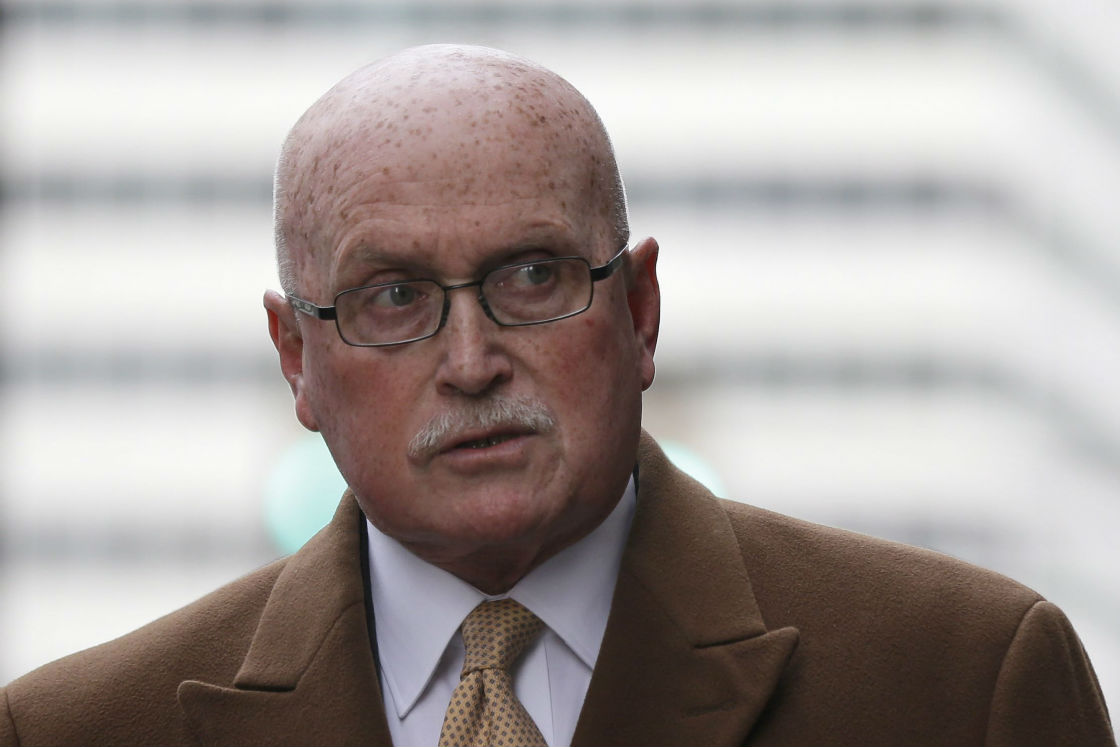WARNING: STORY CONTAINS GRAPHIC INFORMATION

PHILADELPHIA – Philadelphia’s chief medical examiner told jurors Monday he could not be sure if any babies were born alive at a now-shuttered abortion clinic run by a doctor accused of murder.
Dr. Sam Gulino examined 47 fetuses recovered from a clinic run by Dr. Kermit Gosnell after a 2010 FBI raid. Gosnell is charged with killing a patient and seven babies allegedly born alive.
However, Gulino said many of the bodies had been stored in a freezer, complicating his examinations because some fetal tissue degraded as it thawed.
Prosecutors maintain that Gosnell or his untrained staff killed at least seven babies after they had been born alive. Gosnell’s defence lawyer has denied the charge, attributing any movement seen by staff to involuntary responses.
Earlier in the day, another city abortion provider testified, and drew stark comparisons between his work and Gosnell’s.
Gosnell, 72, is also accused of performing illegal, late-term abortions and running a dangerously outdated clinic staffed by untrained workers.
Dr. Charles Benjamin said he performs abortions after 17 weeks gestation in a hospital – unlike Gosnell, who performed about 1,000 abortions a year at his clinics in West Philadelphia and Delaware.

Get daily National news
Benjamin, by his own count, has performed 40,000 abortions over a 30-year career and testified as a prosecution expert. He is one of about four abortion providers left in Philadelphia in the wake of Dr. Kermit Gosnell’s arrest two years ago. Benjamin said he doesn’t do abortions after 21 weeks gestation, or three weeks shy of the 24-week limit in Pennsylvania.
Philadelphia abortion doctor goes on trial in deaths of woman, 7 babies
He said that he has registered nurses on staff to monitor patients, and that only he or a nurse anesthetist give anesthesia, unlike Gosnell’s clinic, where workers hired to clean instruments have testified that Gosnell trained them to administer potent intravenous drugs.
On cross-examination, Benjamin acknowledged that his practice once had an abortion patient die of sepsis, although he said the woman was his partner’s patient.
He also conceded that first-trimester patients have the choice to be lightly sedated or only given local anesthesia. Defence lawyer Jack McMahon was trying to counter attacks by prosecutors that Gosnell let patients pick their anesthesia based on how much they could pay.
The trial is now in its fifth week, and could last another month.
An influx of reporters attended the trial Monday, spurred by criticism that some broadcasters were not covering the trial. A gag order prevents lawyers from speaking outside and no cameras are allowed inside the courtroom. Common Pleas Judge Jeffrey Minehart reminded jurors not to read or view anything about the case.
A White House spokesman said Monday that President Barack Obama is aware of the trial, and the spokesman called the case “unsettling.”
White House spokesman Jay Carney said that Obama, as president, “does not and cannot take a position on an ongoing trial.” But Carney added that “the things you hear and read about this case are unsettling.”
Gulino described his bafflement when police in 2010 turned over bags seized at Gosnell’s clinic with the 47 sets of fetal remains, along with medical waste and other debris.
“It was really an unprecedented situation,” said Gulino, who talked to colleagues and searched medical literature. “There was no guidance for how to proceed.”
Former workers have testified that Gosnell had the aborted fetuses in the freezer because of a billing dispute with his medical waste disposal company, which had stopped coming.
Gulino classified the remains by gestational age, concluding that 17 were aborted in the first trimester and more than two dozen in the second trimester. He believed that two were third-trimester babies of about 26 and 28 weeks gestation. However, he agreed with McMahon that estimates of gestational age are imprecise.
The trial resumes Tuesday.







Comments